How Social Media Is Directly Affecting Your Mental Health
When was the last time you liked a post on Facebook, tweeted to your followers on Twitter, or uploaded a picture on Instagram for all of your social connections to see? How we socially interact is rapidly changing due to the advancements in technology, with over three billion people using social media platforms for approximately two hours a day. With social media playing such an integral part of our social lives, are we sacrificing more than our time, such as our mental health and well-being, to stay connected?
Facebook’s Director of Research, David Ginsberg, and Research Scientist, Moira Burke, recently conducted a series of surveys and research into the connection between social media - particularly Facebook - and mental health. Their findings were interesting, as they concluded it is not the technology itself harming individuals, but rather how social media is used. Dive into this research, combined with findings from others as well, and discover the influence social media has on mental health.
Self-Esteem & Confidence

With many social media platforms focusing on appearance and the idea of creating what appears to be a ‘fulfilling and satisfactory’ life, many users are beginning to experience lower levels of self-esteem and reoccurring emotions, such as envy and jealousy. With its many filter and lighting options, social media is altering the very way we view not only others, but also ourselves, and creating an unnecessary need to be ‘perfect,’ especially amongst millennials, which could also be connected to eating disorders and body dysmorphia.
A study conducted in 2016 by Penn State University suggested viewing other users selfies and pictures lowered self-esteem, as users were constantly comparing themselves to photos of others who appeared at their happiest. Research conducted by the University of Strathclyde, Ohio University, and the University of Iowaalso concluded that women compare themselves negatively to other women’s content, specifically selfies, creating a feeling of inadequacy and unattractiveness.
Continue reading to discover social media’s connection to depression.
Depression
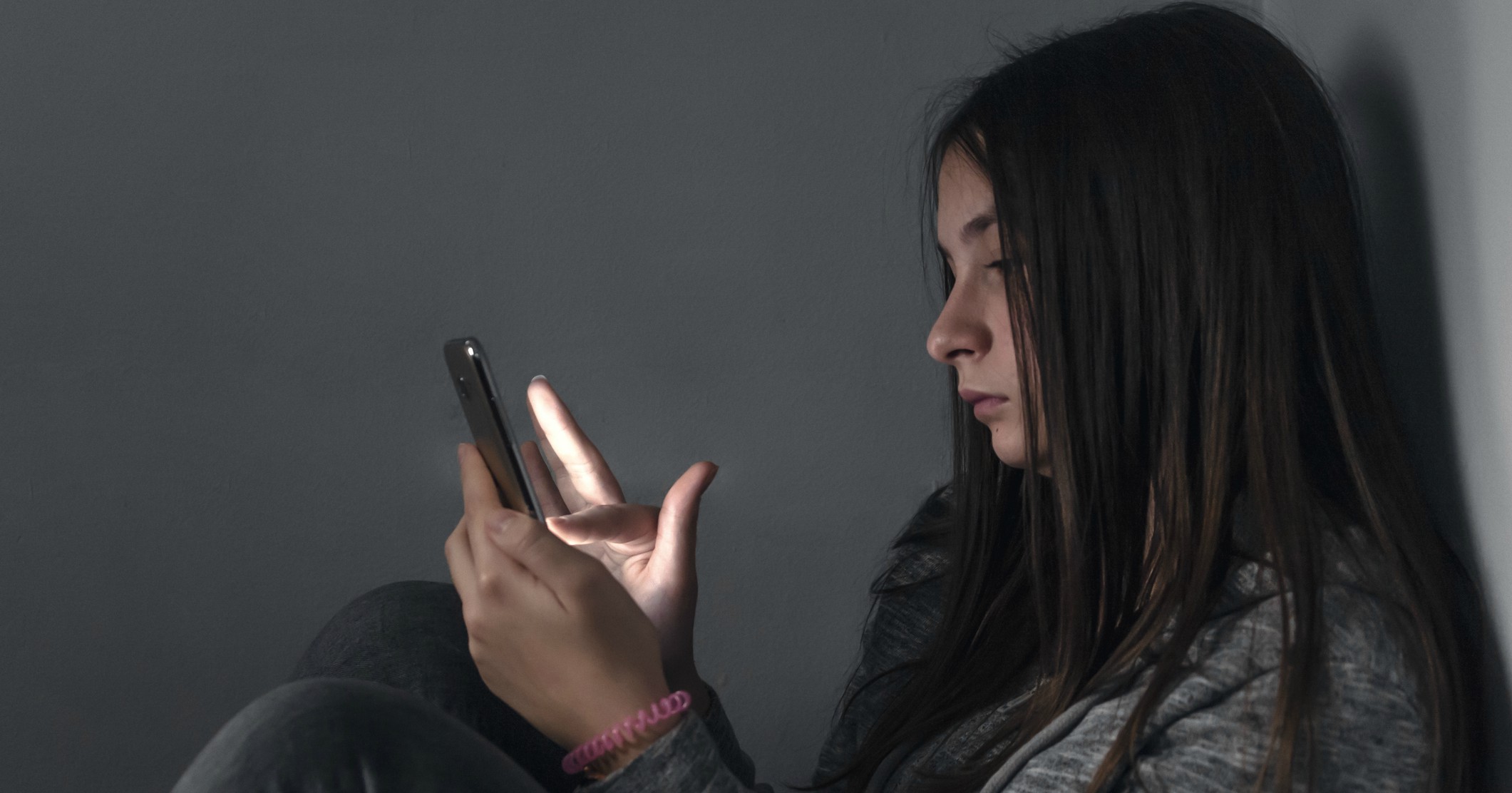
Although there is a link between depression and social media use, new research indicates social media can be used for positive reinforcement. Two studies involving seven hundred students found a connection between depressive symptoms and the quality of online relationships and interactions. Higher levels of depressive symptoms, such as hopelessness and worthlessness, were reported by users who experienced more negative interactions, versus users who had more positive ones.
A similar study done in 2016 involving 1,700 people concluded individuals who were at the highest risk for depression and anxiety were those who used social media platforms the most. The reasoning connected to the increased chances of cyber-bullying, having a distorted view of others lives and feeling like social media was a waste of their time. As depression is so closely connected to anxiety in general, it is no wonder social media has an impact there as well.
Anxiety
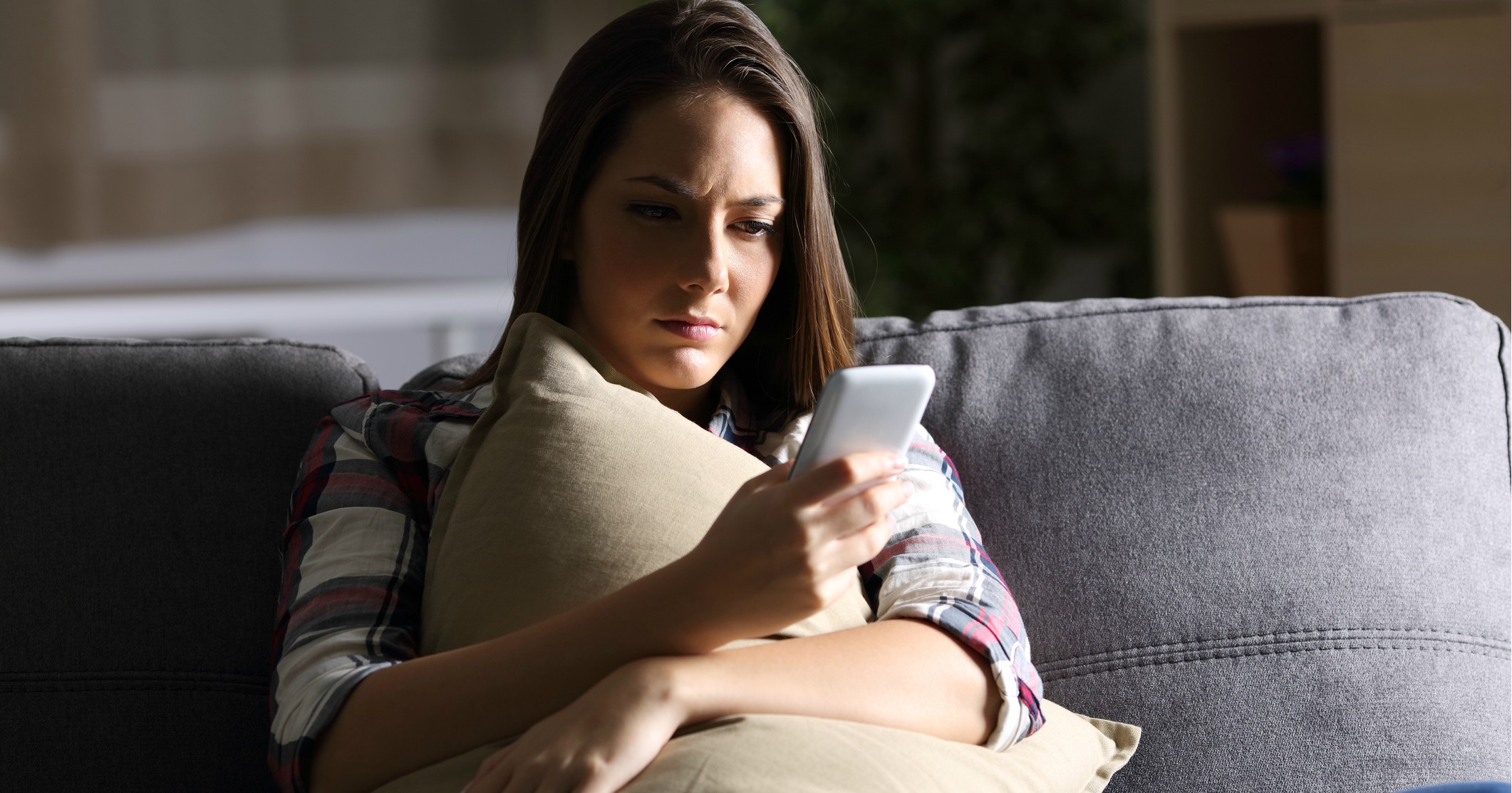
Anxiety associated with social media has been characterized by researchers as feelings of restlessness and worry and issues with concentration and sleeping. A study published in the Journal of Computers and Human Behavior found individuals who indicated they use seven or more social media platforms on a daily basis were three times more likely to exhibit symptoms of anxiety, as opposed to other users who used two or fewer platforms. However, the research connecting social media to anxiety is still in its infancy stage, and it is unclear exactly how social media may cause anxiety in its users.
There is also a strong connection between social media and sleep quality. Read on to discover the details.
Sleep
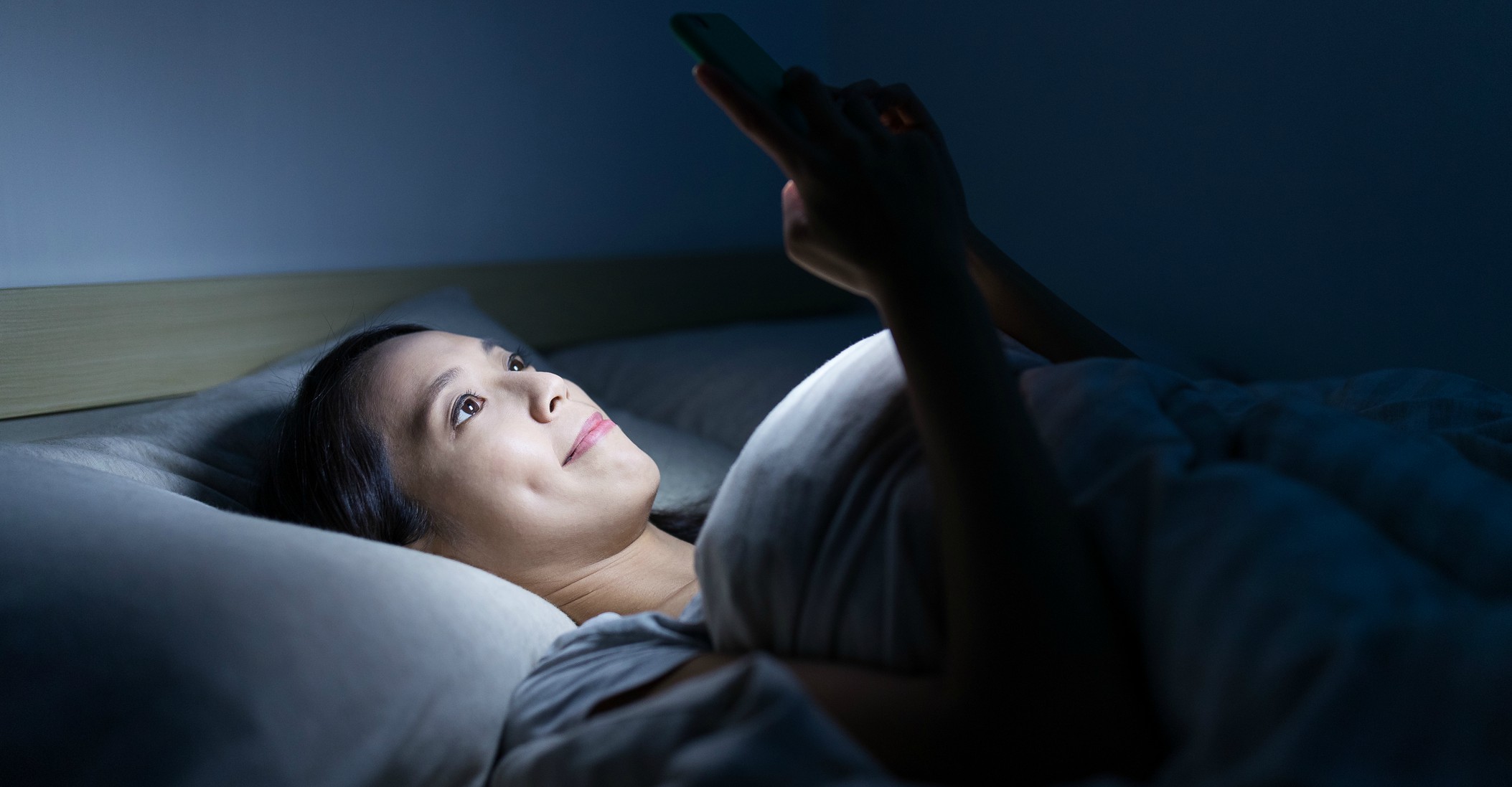
Recent research has found artificial lighting, especially the blue light emitted by smartphone, tablets, and laptop screens, can inhibit the body’s natural production of melatonin, the hormone that helps you sleep. Essentially, lying in bed using a phone or tablet will reduce the quality of sleep and lead an individual into a restless slumber.
In 2017, researchers from the University of Pittsburghsurveyed 1,700 individuals, ranging from eighteen to thirty years old, about their sleeping and social media habits. The research concluded there is a link between social media and sleep disruptions, with the blue light phenomenon playing a large part, as well as the obsessive need for users to constant ‘check’ their social media for new updates. The bright light found on our devices can delay circadian rhythms necessary for sleep, and researchers believe social media can cause physiological arousal before sleep, delaying the brain from properly winding down and preparing for sleep.
Continue reading for information on the influence social media can have on your relationships.
Relationships
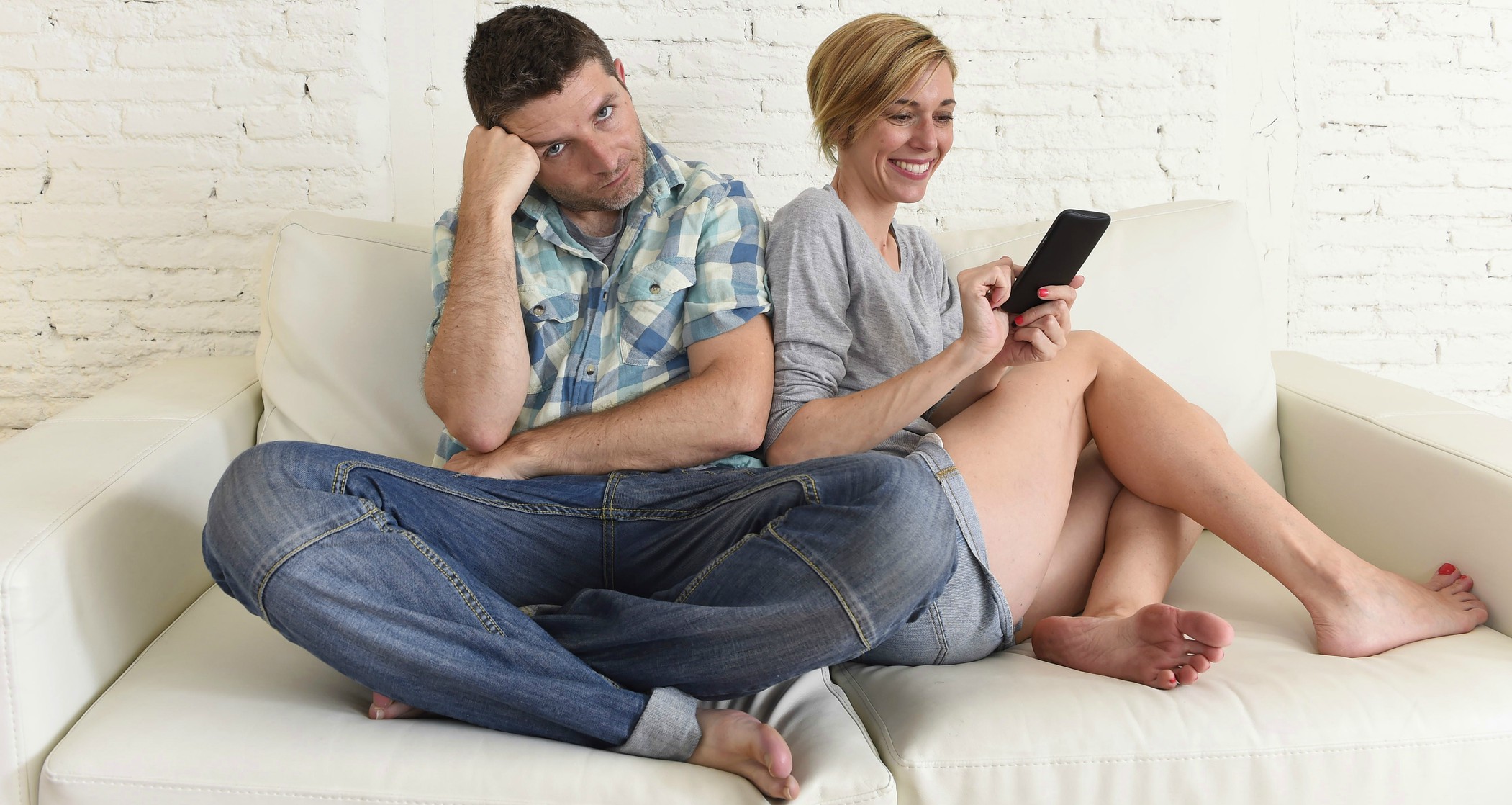
In an ever-connected world, as much as it might increase connectivity amongst family and friends, social media is also the culprit responsible for creating separation between people. A phone’s presence can interfere with social interactions between human beings, especially when engaging in stimulating conversation about something meaningful, as researchers have found with one study.
Researchers for the Journal of Social and Personal Relationships paired thirty-four strangers to have a ten-minute conversation with each other, with half of the participants having their mobile phones present during the interaction. Those with their phone present were less positive remembering the interaction and felt a disconnect to their partner when engaging with them. Romantic relationships are also affected by social media, as researchers at the University of Guelph in Canada surveyed three-hundred people, ranging in ages seventeen to twenty-four, and discovered women spent more time on Facebook than men and experienced the emotions of jealousy and envy more often when doing so. The researchers believed Facebook’s environment created these feelings of insecurity and enhanced a female’s concern about the quality of her romantic relationships.
Read on for the overall impact on emotional well-being.
Emotional Well-Being
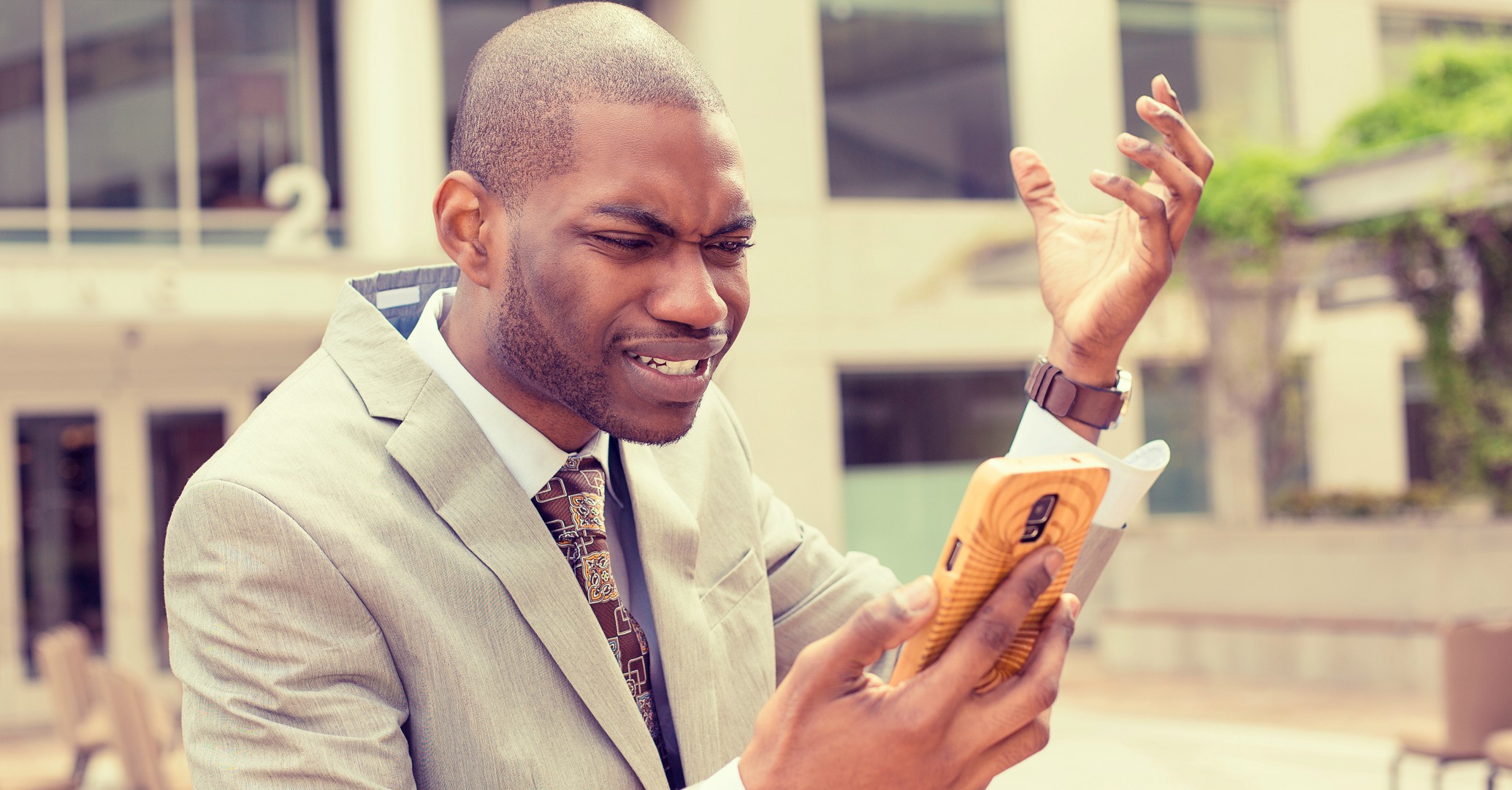
Social media has also been linked to stimulating the emotions of envy, jealousy, and loneliness when used. Researchers at the University of California have reported a positive or negative mood amongst users on social media can spread like wildfire, depending on the emotional content of the posting. They concluded positive content shared on social media was a more powerful influencer rather than negative posts. However, it remains unsolved if positive posts truly boost the mood of the user.
Envy is another common emotion users can feel when interacting with social media. In one study involving six-hundred adults, one-third of social media made them feel negative emotions, specifically frustration and envy due to users comparing their lives to others’. However, envy is not necessarily destructive but rather can make an individual work harder to achieve the same level of perceived success as their counterparts. Continue reading to discover how social media impacts loneliness and isolation.
Loneliness & Social Isolation
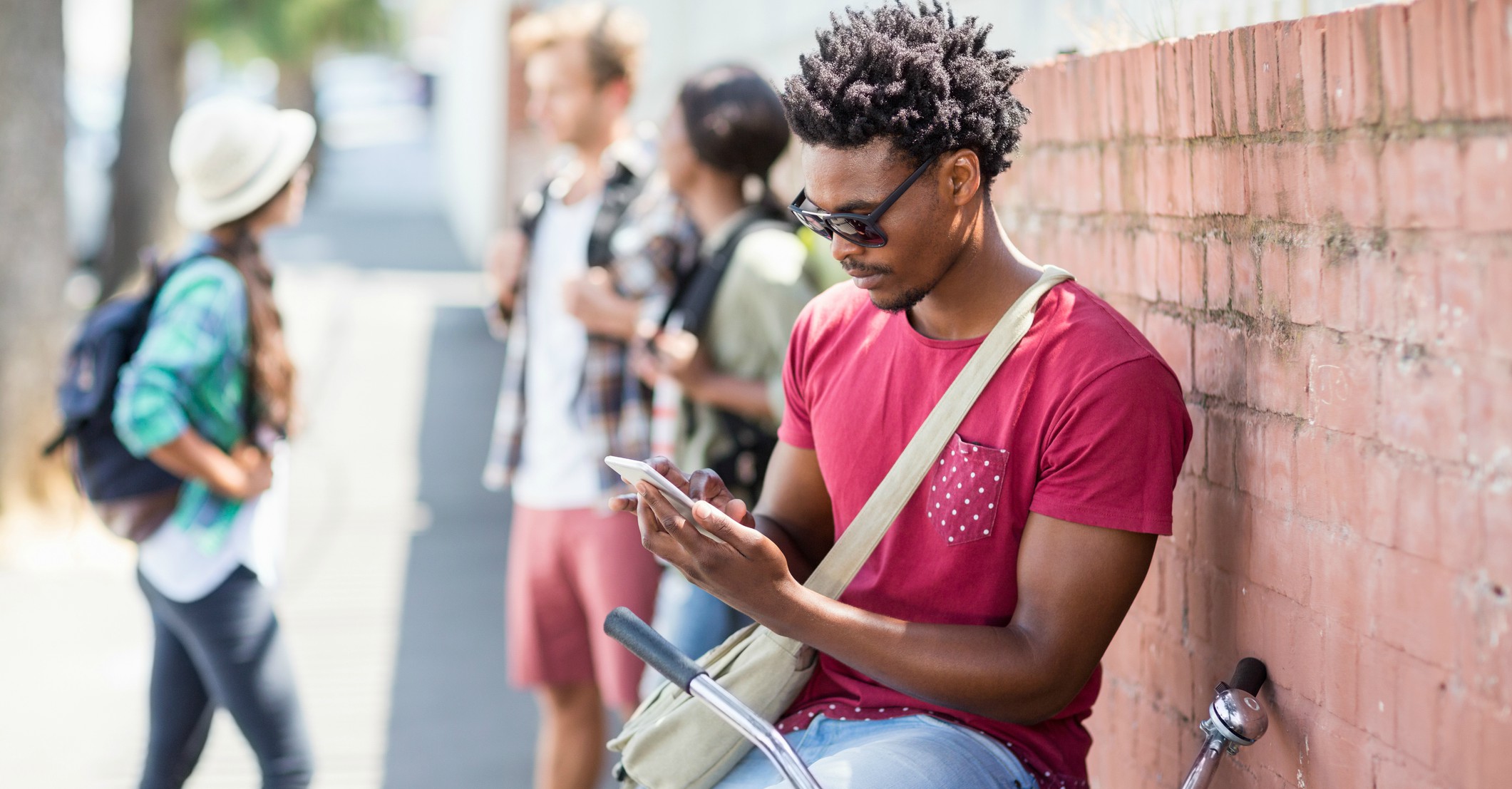
Loneliness is another common emotion users tend to encounter when interacting with social media. A survey conducted by the American Journal of Preventive Medicine interviewed 7,000 participants between the ages of nineteen and thirty-two. It found those who spent the most time on social media were twice as likely to be dealing with social isolation, including a diminishing sense of belonging, interacting with others and creating fulfilling relationships with others. Spending more time on social media can reduce the amount of time spent face-to-face. Furthermore, social media envy created a distorted belief that others live happier lives, fuels the perceived idea that a user is isolated and excluded from others and certain lifestyles.
Social Media Addiction
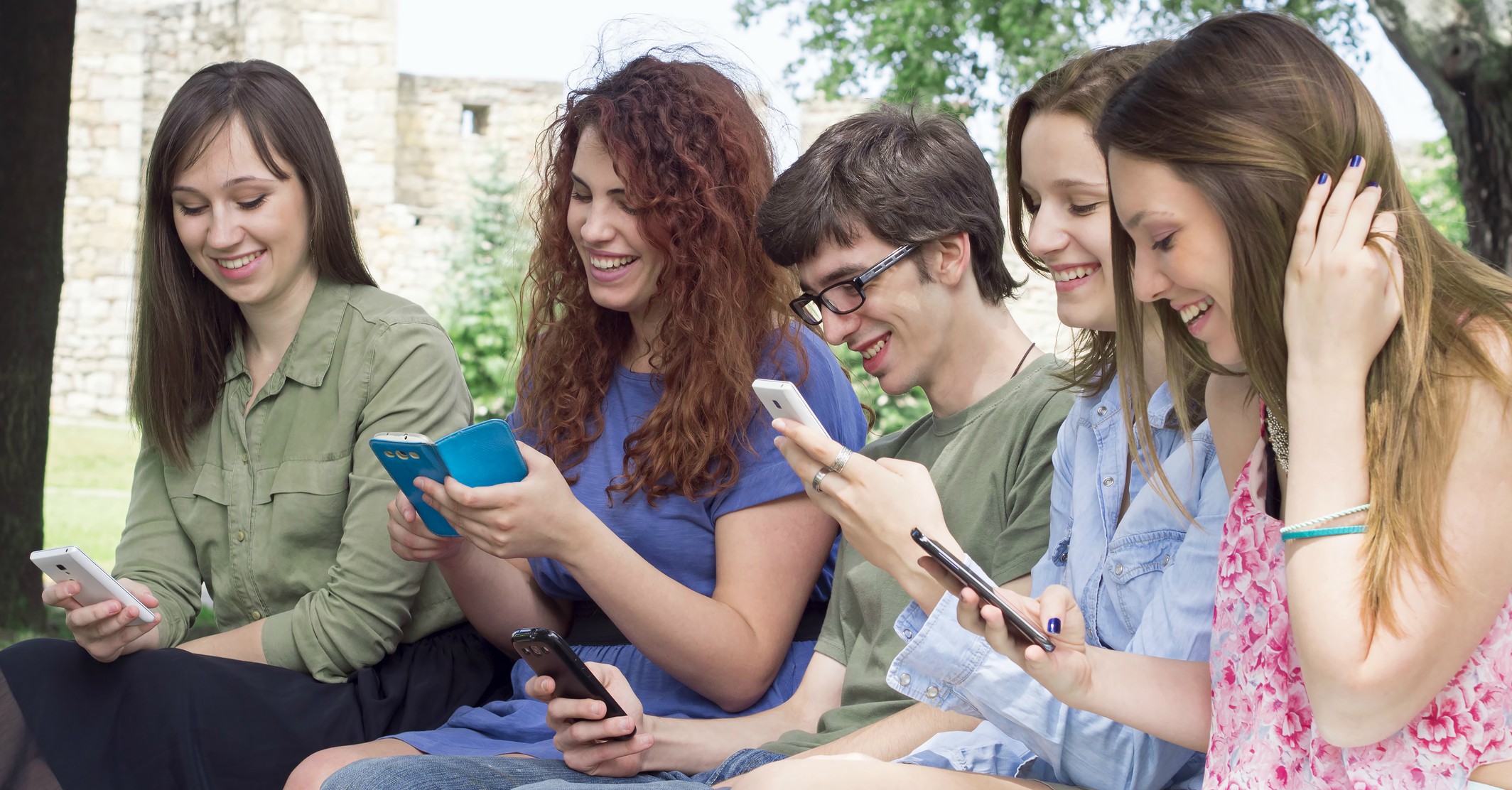
As social media can change in a blink of an eye, researchers are having difficulty keeping track of the compulsive behaviors often associated with its use, with scientists in the Netherlands inventing their own scale to determine the possibility of addiction amongst users. Internet addiction is already classified as an addiction disorder, whereas social media addiction has not been classified yet, though some researchers in the United Kingdom have concluded it is a mental health condition that may need professional treatment.
Excessive use of social media is already associated with sleep issues, relationship problems, less community participation, and decreased academic achievement. Those who are susceptible to a social media addiction are those who are dependent on alcohol consumption, are highly extroverted, and who use social media as a compensation method due to a lack of relationships in real life.
